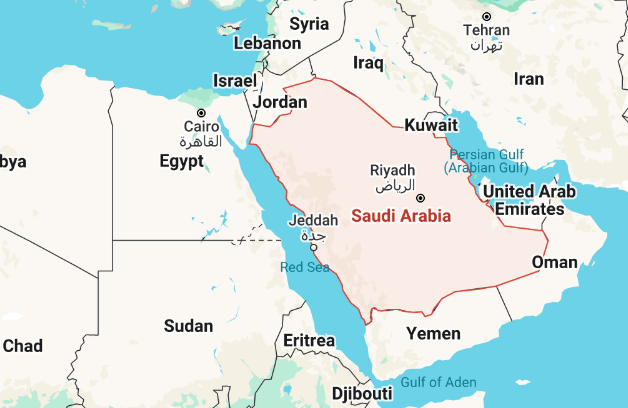Why is the global executions surge tied to drug offenses? Should the United States stop executions like many other countries have?
The number of lives taken by governments is climbing higher than it has in years. What could be driving this change?
A new report has revealed something shocking: More people were executed in 2024 than at any time since 2015.
This news comes from Amnesty International, a group that tracks the use of the death penalty around the globe. Let’s dive into what’s happening, why it’s happening, and what it means for people everywhere.
Global Executions Surge Hits Decade High

In 2024, at least 1,518 people were executed across 15 countries, according to Amnesty International’s latest report.
That’s a big jump from the 1,153 recorded in 2023. The last time the numbers were this high was in 2015, when 1,634 executions were documented.
But here’s the catch—these numbers don’t even include places like China, where thousands more are believed to be executed each year, though the government keeps it a secret.
Other countries, like North Korea and Vietnam, also hide their totals, meaning the real number could be much higher.
The Middle East played a huge role in this increase, with Iran, Iraq, and Saudi Arabia carrying out over 90% of the known executions.
Iran alone executed at least 972 people, often for crimes like drug offenses or protesting against the government.
Why Is This Happening?

So, what’s behind this surge? One big reason is that some countries are using the death penalty to punish drug-related crimes.
In 2024, 637 executions—about 42% of the total—were linked to drugs.
Places like Iran and Saudi Arabia led the way, with Iran executing 505 people for these offenses.
Human rights groups say this breaks international rules, which state that the death penalty should only be used for the most serious crimes, like murder.
Another reason is politics. In countries like Iran and Saudi Arabia, leaders are using executions to silence people who speak out against them.
For example, Iran has executed protesters, while Saudi Arabia has targeted its Shi’a minority. Even in the United States, executions rose slightly to 25 in 2024, up from 24 the year before, showing that this isn’t just a problem in one part of the world.
A Mixed Picture
Here’s the surprising part: even though more people are being executed, fewer countries are doing it.
Only 15 nations carried out executions in 2024, the lowest number Amnesty has ever recorded. This shows a split—some countries are stepping away from the death penalty, while others are using it more than ever.
Over 113 countries have fully banned it, and 145 have stopped it in law or practice. Yet, places like the Democratic Republic of Congo and Burkina Faso are talking about bringing it back, and the Maldives, Nigeria, and Tonga might start using it for drug crimes.
Meanwhile, the United States remains the only country in the Americas still executing people, with states like Alabama testing new methods like nitrogen gas.

This rise in executions raises big questions. Is the death penalty making the world safer, or is it just punishing the powerless?
As more nations turn away from it, the ones that keep going seem more isolated. The report leaves us wondering what’s next for this global trend.
